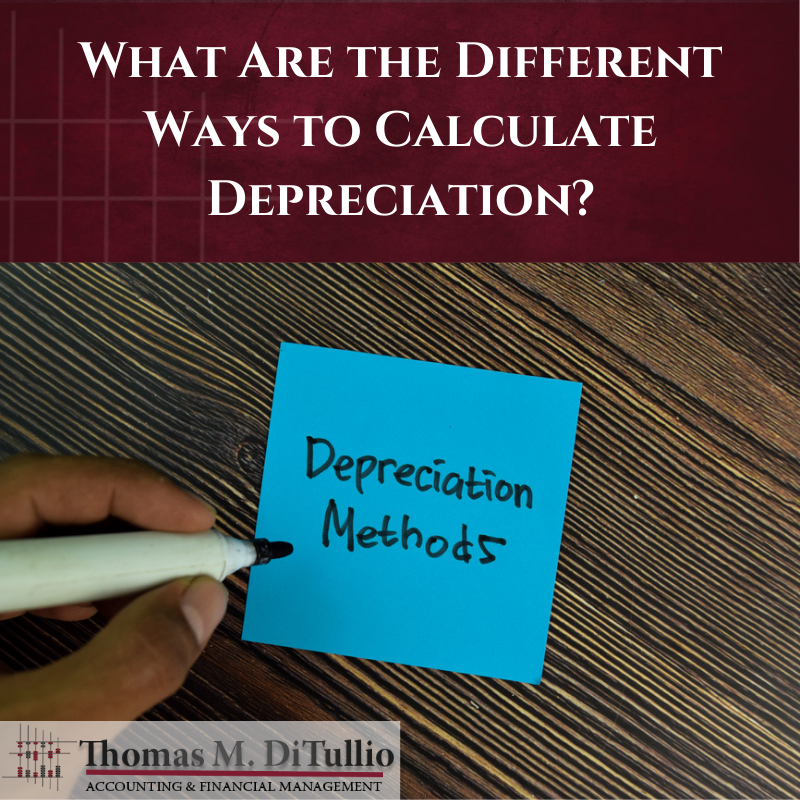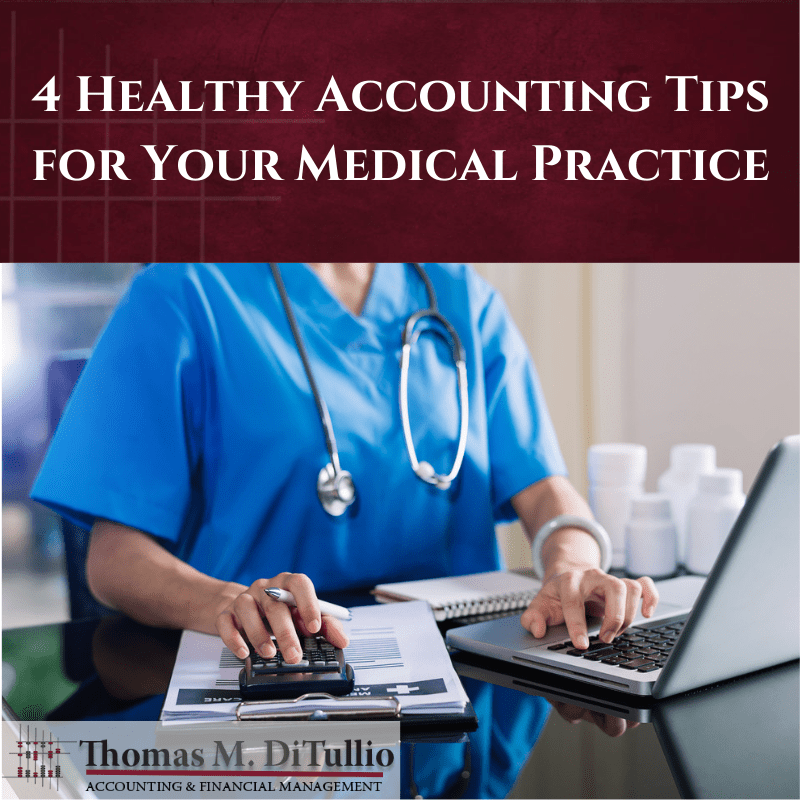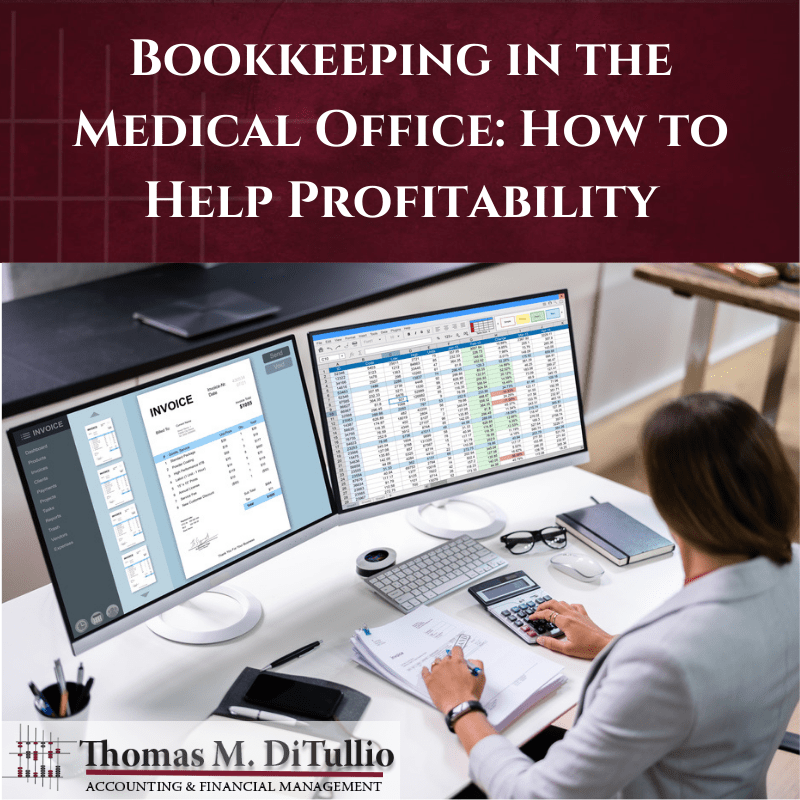Does Every Small Business Need an Accountant in New Jersey?
If you have started your business in New Jersey, you might want to hire an accountant. Many successful companies work closely with an accountant. While there are helpful accounting software platforms, you need to understand how to work with these packages. An accountant gives you a personalized touch that you cannot find within the software. Let’s look at a few reasons why you need an accountant for your small business in New Jersey.
Do You Need To Hire an Accountant?
When you hire an accountant, it can save your small business a lot of money and time. Don’t forget an accountant can prevent any financial headaches. There are several times when you need an accountant for your business.
One necessary time is at the formation of your business. An accountant can help you write a business plan. Yes, you need a business plan, even if you are not looking at funding. If your business plans to rent out manufacturing, retail, or office space, the landlord could require you to have this plan. All successful businesses have a predetermined plan in place. With this plan, you can reach those goals rather than trying to wing it.
All businesses need to determine their entity structures. Many companies start out as sole proprietorships, but certain financial situations require creating an LLC for financial and legal protection. Plus, your business needs all of the appropriate licenses, including business licenses, sales tax permits, and employment accounts. Every state and city has different requirements for business. An accountant can cut through all of that red tape and make sure your business starts out on the right foot.
Remember that accounting software? While you can go it alone, an accountant can help you choose the right software for your business. These software packages are easy to set up, and they can keep track of your financial records. You will still need to delegate some of those financial responsibilities to your accountant, but the software can help you keep track of paperwork and other receipts for your business. You don’t want to set up your business accounting software by yourself. An accountant can establish your charts of accounts, and they might even be able to train you on how to use the software correctly. If your accountant doesn’t offer this service, they might recommend an experienced bookkeeper to help with the initial setup.
Help With Tax and Compliance Issues
Now you have a written business plan and gathered all the required licenses and permits. Even your bookkeeping software is ready to go, but you still need the help of an accountant. Unfortunately, there are plenty of stumbling blocks along the way for new businesses. You should never try to figure out these issues by yourself.
Small business accounting services can assist with these complex sales tax issues. In the United States, sales tax compliance can become a headache, especially if you plan to ship products out of your home state. You want to make sure that your business complies with all applicable tax laws. While you can find software to help with these issues, you still want an experienced accountant to keep your small business on the right and legal path.
Payroll is another complex issue that you will not want to handle without a bit of assistance. Labor and wage compliance issues can cause problems for the most profitable businesses. Like sales taxes, you can use a variety of programs and apps to help your business remain compliant. However, a trusted accountant will be able to look over your records and make sure that everything is obliging with the local and state laws.
There are other reporting requirements to consider for your business. Some licensing agencies and creditors will require that you meet specific criteria. In some states, there are tax liabilities that you must meet. If you do business in more than one state, an accountant can determine if you have other financial responsibilities and liabilities.
How Accountants Can Help Every Small Business
With an accountant, you have someone who will review your financial situation every year. You don’t want to plan for tax time right before those quarterly taxes are due. Along with that, there are certain compliance issues, like payroll tax underpayments, that you can quickly fix throughout the year. If you wait until the end of the year, you might face penalties and other issues with these reports.
Meeting with an accountant can keep your business on the right track. With a quarterly meeting, your accountant can make sure your business grows in the right way. Too much growth can actually hurt your bottom line. With the assistance of an accountant, you can ensure that your business is on the right path.
Throughout the year, you will need to pay quarterly taxes. When your income for the business increases, your tax liabilities will increase as well. Those initially estimated tax payments might not cover all of your liabilities, especially if you have a surge in business. A regular meeting with your accountant can prevent any unexpected underpayments during tax time.
Finally, an accountant can guide your small business. While you might understand your business, it is hard to look to the future. An accountant will look at that big picture for your business so that you can focus on continuing its growth.
Find an Accountant for My Small Business
Every small business could use the help of an experienced accountant. Even if you want to figure out your financial picture by yourself, you need an accountant in New Jersey to provide you with the right advice for your business. Think of an accountant as a small investment to ensure healthy growth in your company’s future.
With over 40 years of experience in Gloucester County, TMD Accounting has been helping individuals and small businesses with their financial needs. Our team can assist with tax services, payroll, and other financial matters. If you would like to schedule an appointment, please give us a call at 1-856-228-2205.








